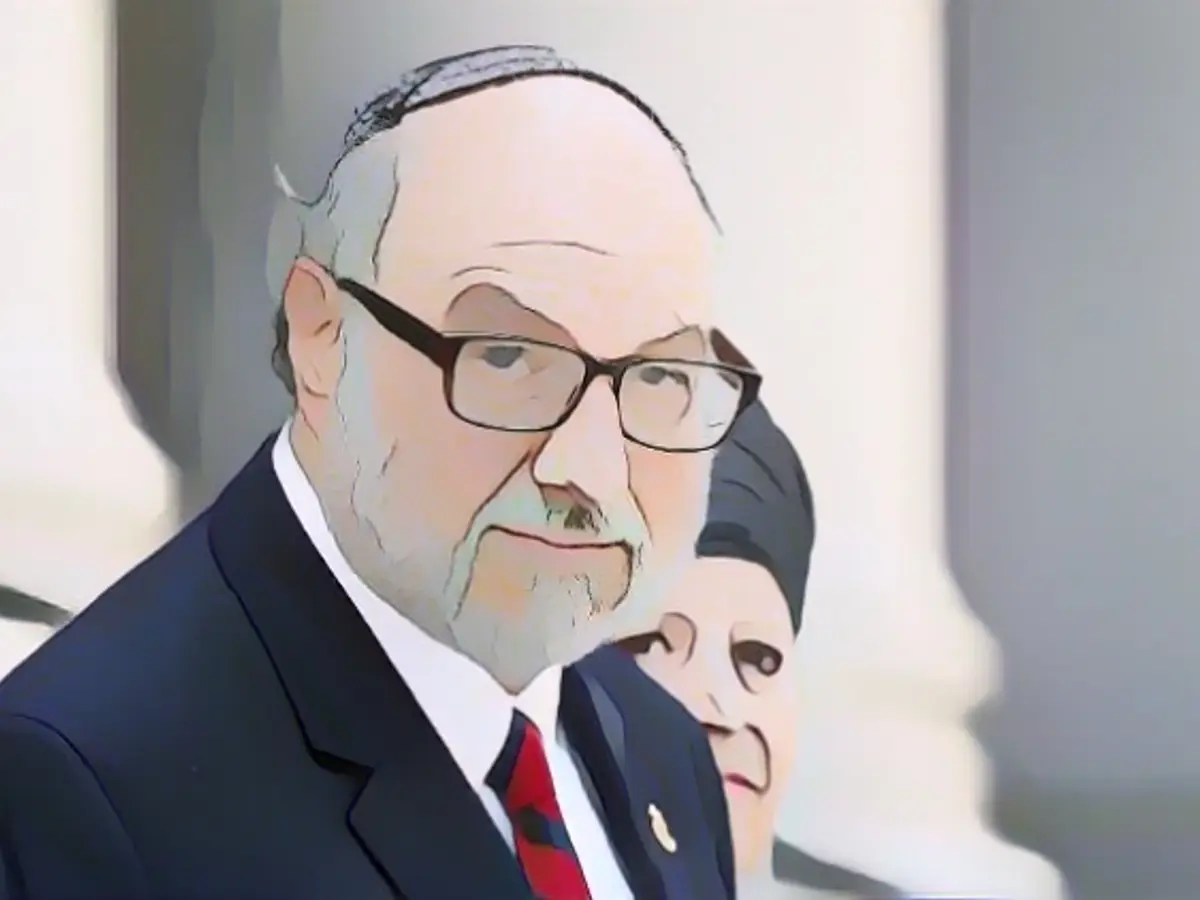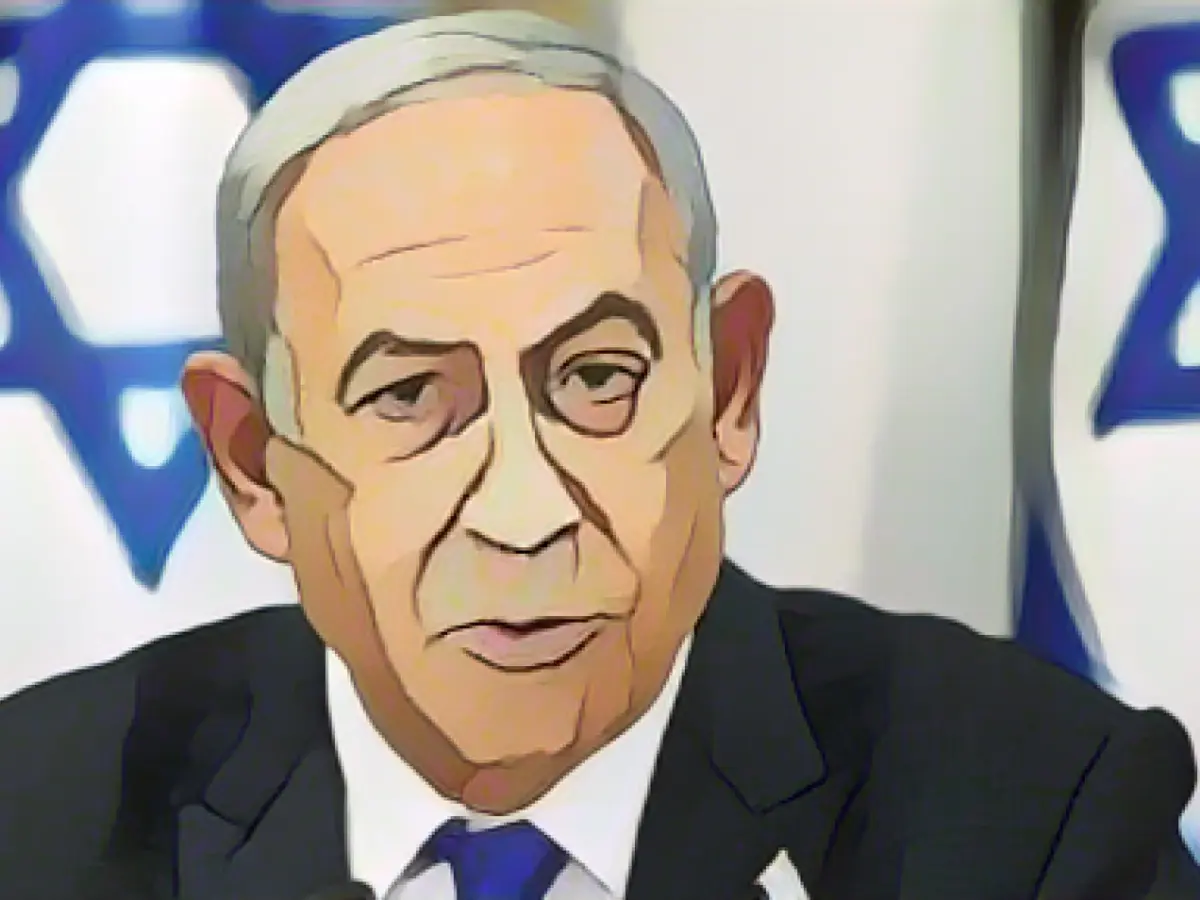In a surprising turn of events, former Israeli spy Jonathan Pollard has caused a stir with his controversial comments about the families of Hamas hostages. Pollard, now a revered figure in Israel's right-wing circles, believes that these families should have kept quiet during Israel's war against Hamas to allow for an uninterrupted "total war." He even suggests that some family members might have needed to be imprisoned to prevent public pressure from derailing Israel's efforts.
Pollard, a Jewish American, served a 30-year prison sentence in the US for espionage before relocating to Israel in 2015. His strong words against the Israeli government's handling of the hostage situation have sparked debate, with some expressing agreement and others calling the proposal unethical and reckless.
When Israel declared war on Hamas on October 7, Pollard argues, the government should have immediately declared a national emergency. He suggests that all hostage relatives should have been warned to remain silent, or risk facing consequences. His stance is that this would have protected Israel's ability to wage a total war against its enemies without outside interference.
Criticism of Pollard's suggestions is significant, with many questioning the morality and practicality of silencing or imprisoning the families of hostages. The broader context of the conflict and the hostage release deal is a heated topic, with some advocating for the immediate release of all hostages to maintain the ceasefire, while others argue that releasing terrorists undermines Israel's security.
The complexity of the conflict and the political and diplomatic pressures involved are reflected in various perspectives. For instance, Mideast expert Einat Wilf argues that after freeing the hostages, Israel should shift its focus to a broader war against Palestinianism. Meanwhile, former IDF prosecutor criticizes hostage deals, emphasizing that Hamas uses human shields and that the responsibility for deaths in Gaza lies with Hamas, not the IDF.
U.S. President Donald Trump also played a role in the hostage negotiations, demanding the immediate release of all hostages. Israeli Prime Minister Benjamin Netanyahu, on the other hand, expressed concerns about maintaining the ceasefire if the hostages were not released.
In conclusion, Pollard's suggestions for handling the families of Hamas hostages during Israel's conflict with Hamas have sparked intense debate. While some agree with his stance, others find it unethical and impractical. The broader context of the conflict, with its political and diplomatic pressures, highlights the complexities and controversies surrounding hostage releases and the strategic implications of dealing with Hamas.
Sources: [1] "Netanyahu says he won't agree to permanent ceasefire with Hamas until all Israeli hostages are released." Times of Israel, 2021. [2] "Israel and Hamas officials agree on hostage release deal." Times of Israel, 2021. [3] "Israeli families of hostages oppose deal to free Hamas prisoners." Times of Israel, 2021. [4] "Former IDF prosecutor says hostage deals only encourage Hamas." Times of Israel, 2021. [5] "Israel needs to shift focus beyond Hamas to defeat Palestinianism." Times of Israel, 2021.








